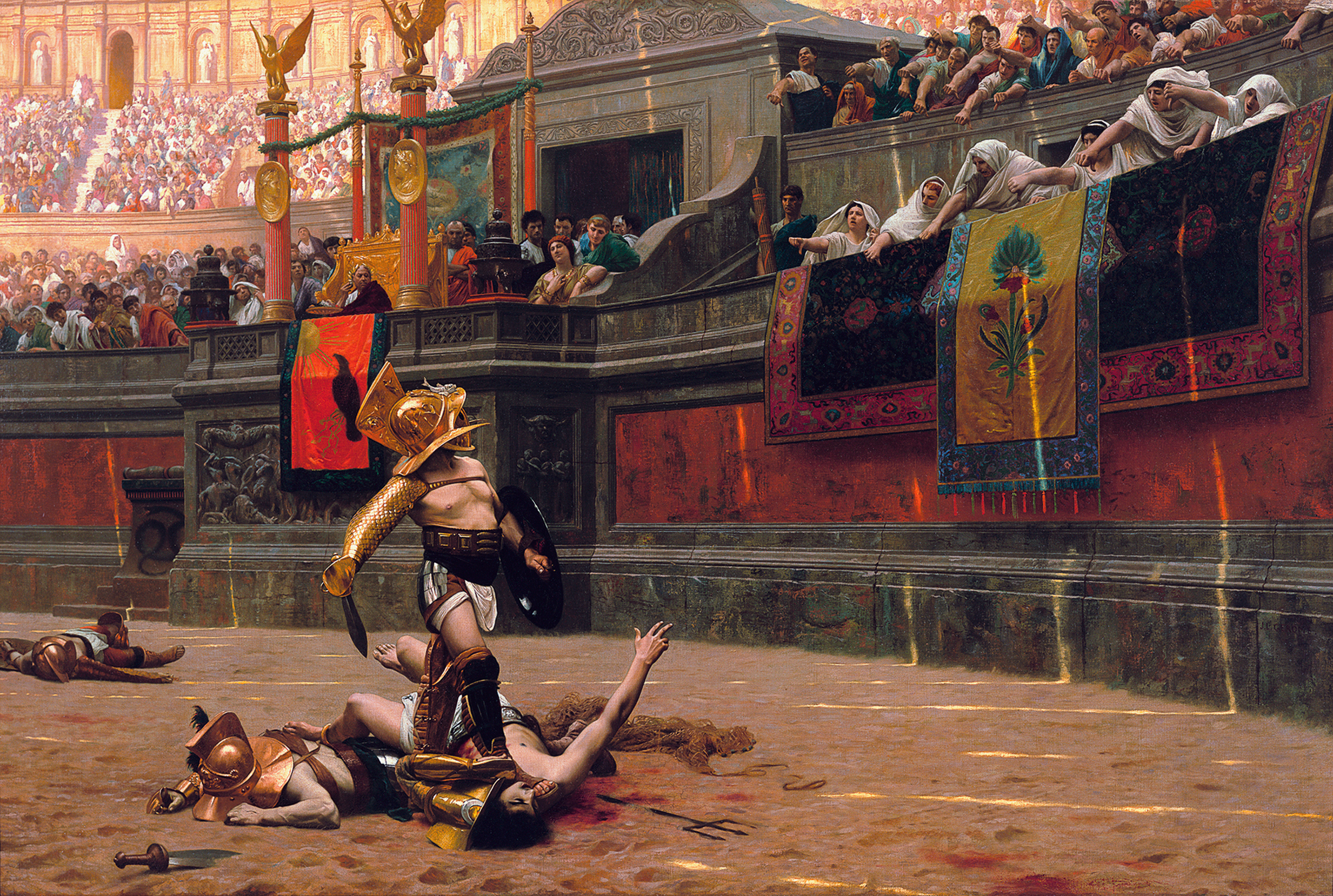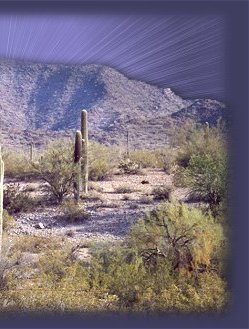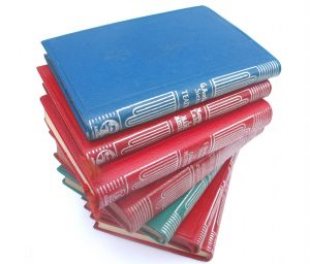My first exposure to military dating was during AIT.
Well, in basic one of the drills expressed an interest in me despite the fact the senior drill told him he needed to “behave” though I personally did not do anything to direct such attention towards myself. What with getting up at oh god thirty hours in the morning along with the fierce training, PT, marches, learning, getting all bruised up, losing my voice HOW could anyone find this then 17 year old attractive?
Anyway, he persisted and I kept him at arm’s length and when he was stationed at Fort Gordon (where I also went) he still wanted to go out and I still said no.
Through the years I have seen men and women hook up through the military, some relationships lasting, allot going to the wayside.
In Korea my mouth about dropped to the ground (can you imagine that?) seeing the kind of “in-discretionary” behavior coming from unit members. Mind you, I never dated in high school so everything I was experiencing was a shock to the senses.
Now of course there are some honorable men and women out there who are faithful to their spouses, who really want to see things work out. I have seen both men and women cry over broken hearts.
Now, what really gets me going….are people who cheat on their military partner when they are deployed or away for additional schooling. I am not talking about those men and women who cheat on their spouses/boyfriends/girlfriends while deployed but those who stay true to the honor of the uniform, to the code. Those who sacrifice themselves for the greater good, for our country and get shafted because their partner couldn’t “wait” for them to come home.
How lame is that?
Anyway, I just had to vent and wonder at times where people’s heads or at…especially those who find out you serve in the military and find it “distasteful” to go out because there is always the chance that you might get deployed.
‘nough said.


 Part of me wants to disappear and drive to the Rockies…fell instantaneously in love with the topography of Colorado when I was driving to Vegas and became simply gobsmacked at the sheer heights and ethereal beauty of our country.
Part of me wants to disappear and drive to the Rockies…fell instantaneously in love with the topography of Colorado when I was driving to Vegas and became simply gobsmacked at the sheer heights and ethereal beauty of our country.

